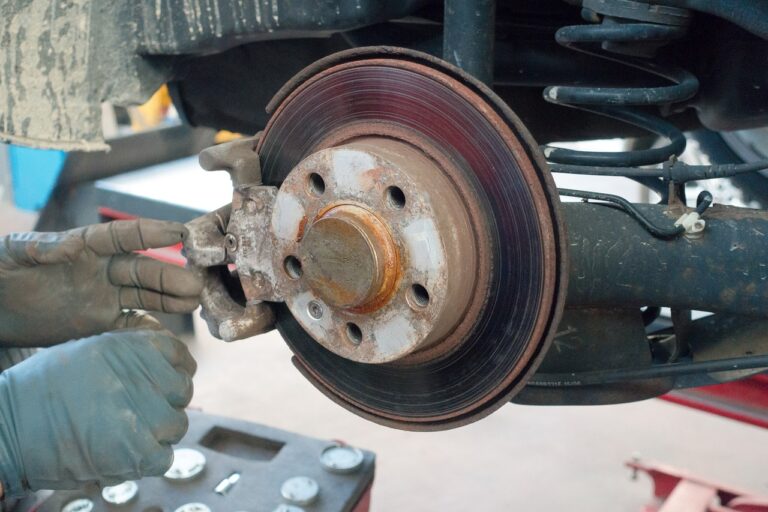The Evolution of Car Suspension Tuning Techniques: From Spring Rates to Active Damping Control
Electronic control units (ECUs) have revolutionized suspension tuning in modern vehicles. By integrating ECUs into the suspension system, engineers are able to precisely adjust damping rates, ride height, and other parameters in real-time. This level of control allows for a comfortable ride on smooth roads while automatically adjusting to provide optimal handling and stability during more aggressive driving maneuvers.
One of the key benefits of integrating ECUs in suspension tuning is the ability to customize the driving experience based on individual preferences and road conditions. With the use of sensors and feedback mechanisms, the ECU is able to adapt the suspension settings to provide a balance between comfort and performance. This level of customization ensures that drivers can enjoy a smooth and controlled ride regardless of the driving conditions, making for a safer and more enjoyable driving experience.
Future Trends in Car Suspension Technology
As automotive technology advances, the future of car suspension holds promising developments. One key trend on the horizon is the utilization of dynamic ride height adjustment systems. These innovative systems will allow vehicles to adapt their ride height in real-time based on road conditions, providing improved handling and comfort for drivers and passengers alike. This dynamic feature is set to revolutionize the way we experience driving by offering a smoother and more controlled ride, especially over uneven terrain.
Another significant trend in car suspension technology is the integration of artificial intelligence (AI) algorithms for predictive suspension control. By analyzing various data inputs in real-time, AI-equipped suspensions can anticipate and react to road imperfections before the vehicle even encounters them. This proactive approach not only enhances driving stability and safety but also ensures a more tailored and personalized driving experience. With AI at the forefront of suspension technology, we can expect vehicles to become even more responsive, efficient, and comfortable in the near future.
What are some of the benefits of integrating electronic control units in suspension tuning?
Electronic control units allow for more precise and dynamic control over the suspension system, leading to improved handling, comfort, and safety.
What are some of the future trends in car suspension technology?
Some future trends in car suspension technology include the development of adaptive and predictive suspension systems, as well as the use of advanced materials and design techniques to improve performance and efficiency.
How will these advancements in car suspension technology impact the driving experience?
These advancements are expected to enhance the overall driving experience by providing a smoother ride, better handling, and increased safety on the road.
Will these advancements in car suspension technology make vehicles more expensive?
While some of these advancements may initially increase the cost of vehicles, the long-term benefits in terms of performance, comfort, and safety are likely to outweigh the added expense.





